Wiltshire-based biotechnology company Advetec believes it can provide an effective alternative to sending unrecyclable “forgotten” waste to landfill by using bacteria.
Advetec was founded in 2000 as a science and engineering company, providing specialist business-to-business solutions for the treatment of waste at source.
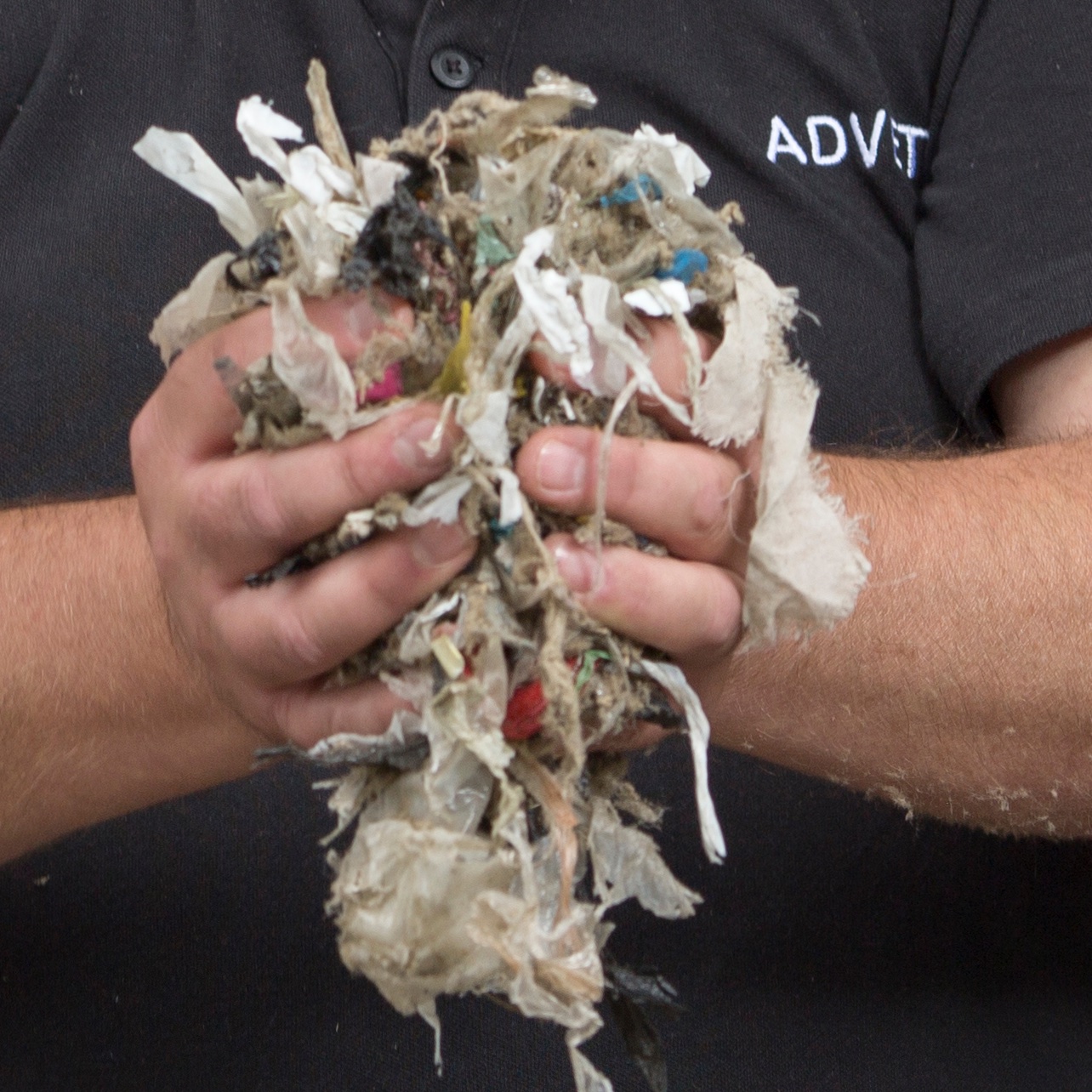
The company has recently developed and refined a rapid composting process for shredded residual waste. The innovative process uses bacteria to produce a solid recovered fuel (SRF) known as FLOC.
A number of recycling companies, including Sunderland-based Max Recycle and South West-based J Witt Waste Recycling, have already invested in the biotechnology.
Lee Knott, Advetec’s chief commercial officer, told letsrecycle.com: “The process means that you put mixed residual waste into our technology. The bugs eat most of the organic material in there and the process of them doing that creates heat which drives away moisture.
“The significance of all of that is that when the FLOC comes out of the technology, it’s about 50% of the weight of the mass on average and about 30% of the volume.”
This means the process would produce around 500kg of FLOC for every tonne of waste. The process works at an “incredible rate”, Mr Knott says. Material which would normally take six to eight weeks to compost takes just two days, he claims.
The SRF-grade output has a low moisture level of about 15% on average and a “relatively high” calorific value, Mr Knott says. He described it as a “coal-replacement product” which could be used, for example, in cement kilns around Europe.
(above) A video showing the Advetec XO22 processing waste
Waste handlers
Advetec employs 17 staff and operates across the UK and the United States. The units which house the biotechnology, Advetec’s XO range, are available in three sizes and can process between one and 10 tonnes of material per day.
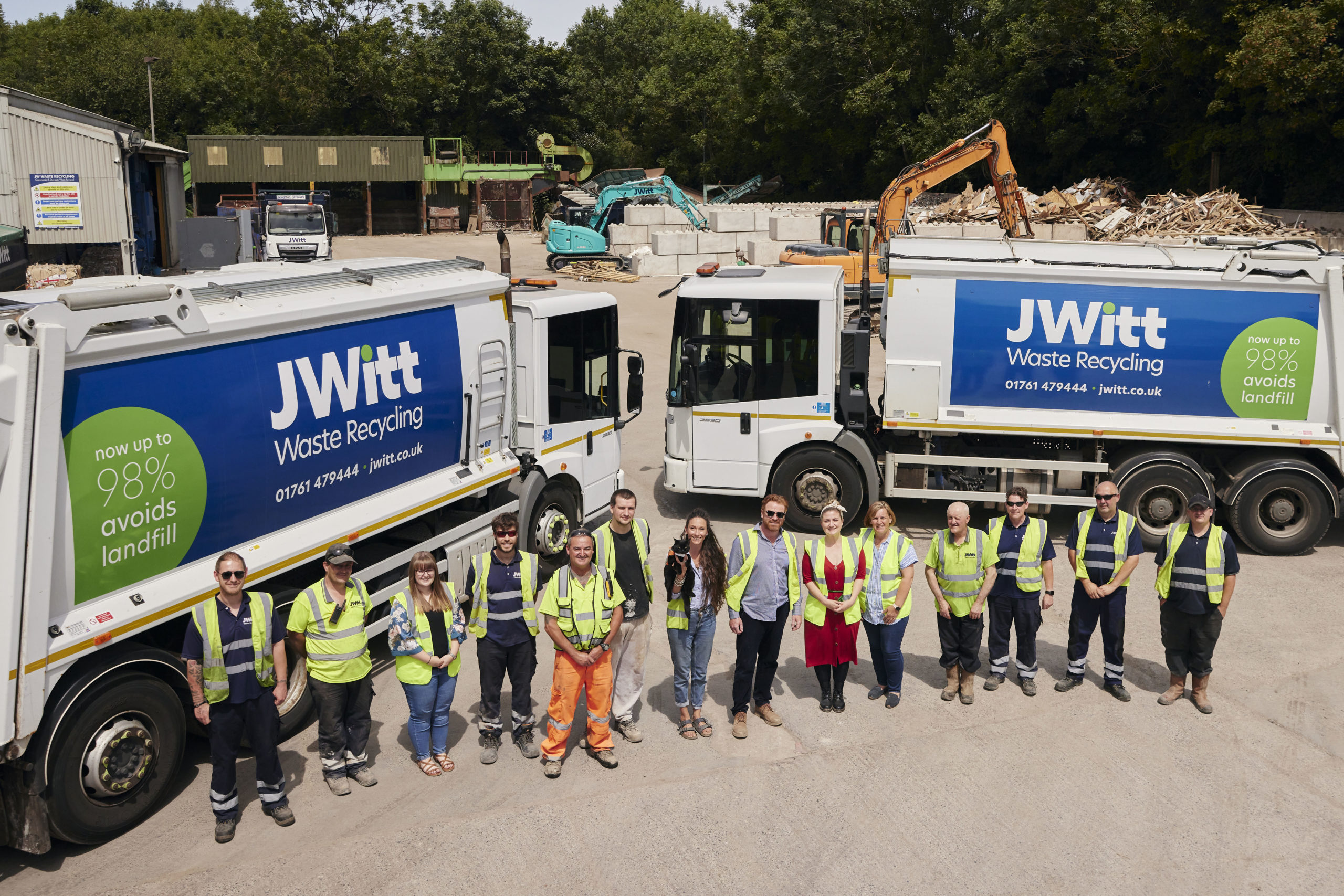
Advetec specifically markets its biotechnology at waste handlers who collect material from smaller regional customers such as hotels and restaurants.
“What we’re really proud of is that our technology would sit on site at a regional waste handler and enable them to help their customers improve their environmental credentials,” Mr Knott said.
Earlier this year, Max Recycle became the first waste handler in the UK to create SRF on site with Advetec.
This month, Advetec announced it had signed an eight-year contract with J Witt. The deal will see the company use the biotechnology to convert more than 3,600 tonnes of unrecyclable waste into SRF each year.
The first waste handler to establish a dedicated food waste collection service in Bath, J Witt has more than 1,000 customers in Bath, Bristol, Somerset and Mendip, including retailers, restaurants and offices. J Witt plans to use Advetec’s largest biodigester, the XO22, at full capacity, meaning it will process up to 10 tonnes of waste a day.
Landfill
Jamie Witt, J Witt’s director, said his company invested in Advetec to give his customers “a more carbon- and cost-friendly alternative to landfill and energy from waste for their unrecyclable waste”.
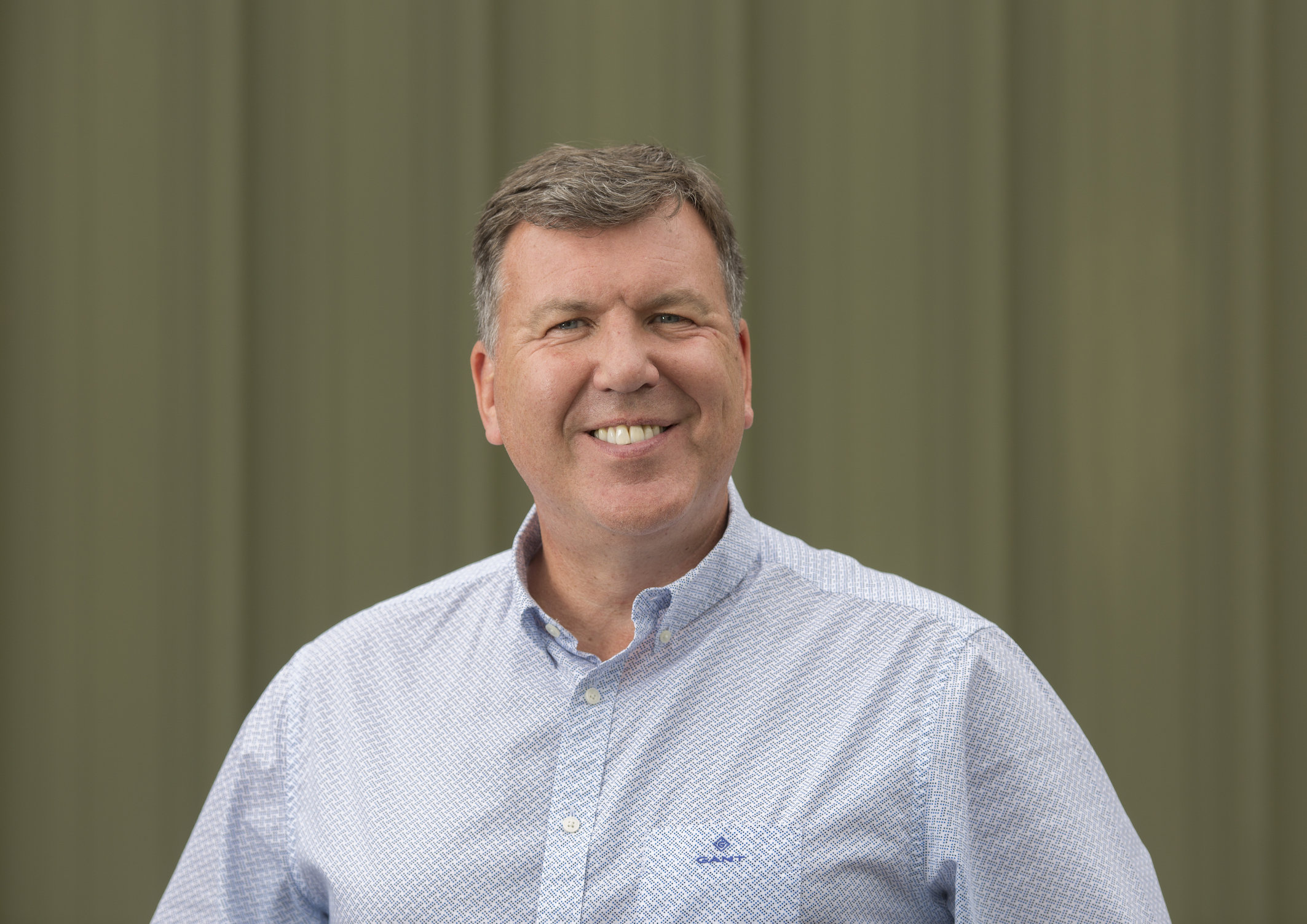
Scotland is to ban biodegradable municipal waste going to landfill by 2025 and Advetec believes they can help local authorities who currently put their residual waste in landfill. Advetec says it has had its waste treatment process confirmed as AT4 compliant, meaning it produces stable waste which is not subject to the landfill ban.
Mr Knott said: “Local authorities are looking for solutions now as to what they do with the waste that currently they put to landfill. We think we’re ideally positioned for that.
“We’re working with Zero Waste Scotland on a couple of councils up there that have geographic challenges on what to do with their waste.”
Trials
Elsewhere, Advetec is currently carrying out industrial trials to explore how its biotechnology could benefit other waste streams.
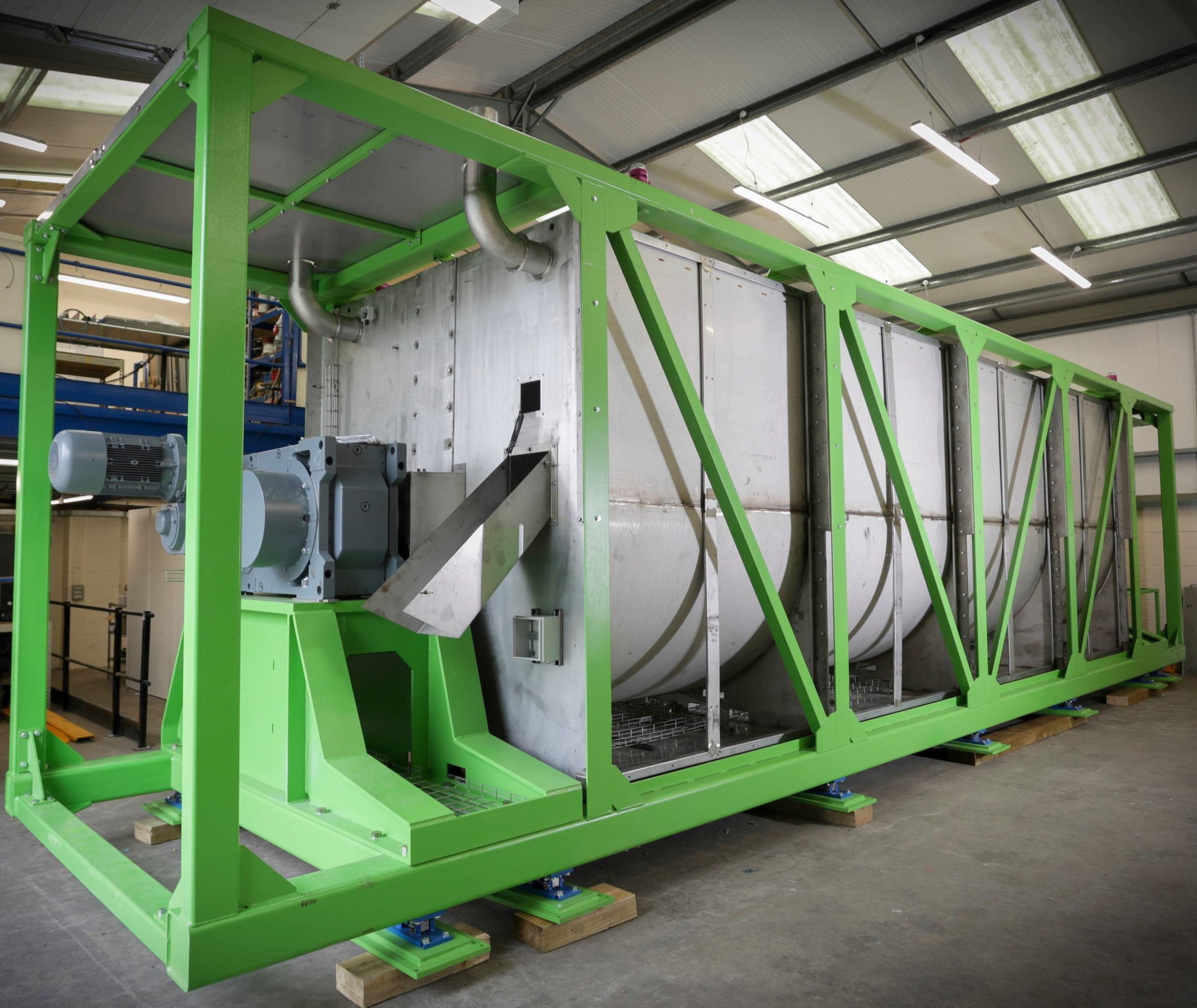
“We are doing trials on offensive waste at the NHS, which is very significant,” Mr Knott said. “We’re also doing trials on rejects from an anaerobic digestion plant.”
And, Mr Knott says Advetec is doing other trials with “the largest UK waste handler” and a water company to look at rags and screenings.
He anticipates a “very positive” 2023 for Advetec, both in the UK and the States. “We need to recognise that we’re a scale-up business and so, having decided to focus the technology on the waste handler business, we now need to deploy the units, get the data and share that data.”
Innovation
Back in the UK, Mr Knott believes the Environment Agency could do more to support innovations such as biotechnology in the waste industry. “Margins are tight and therefore stifle innovation,” he said.
“We are in talks with the Environment Agency and we would really encourage them to embrace innovation, because through innovation, we will get to net zero, but that has to be enabled.”





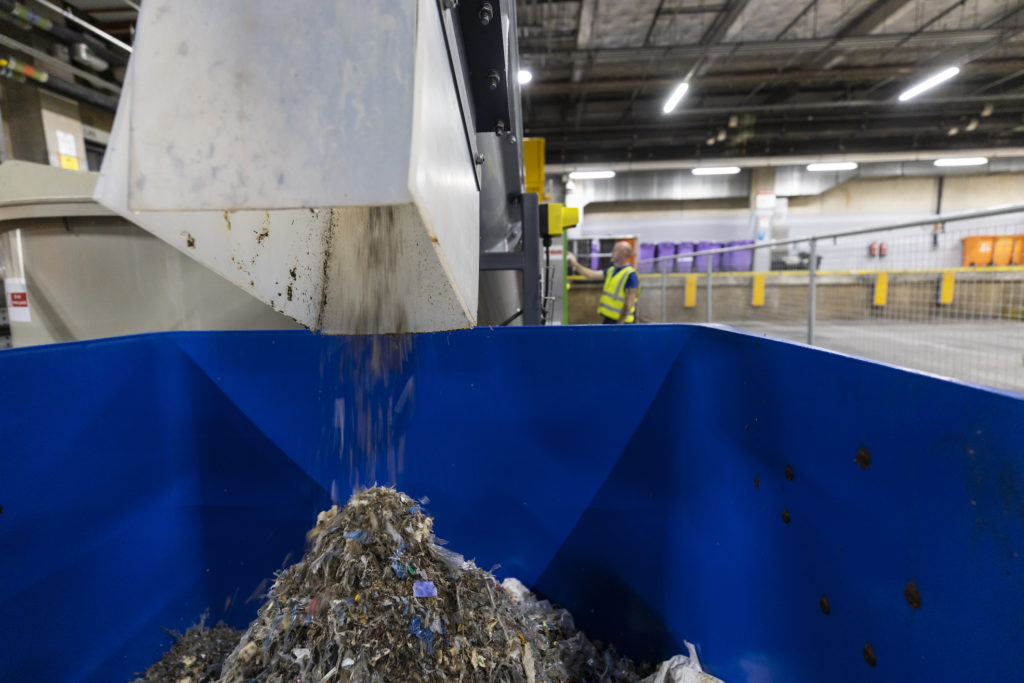

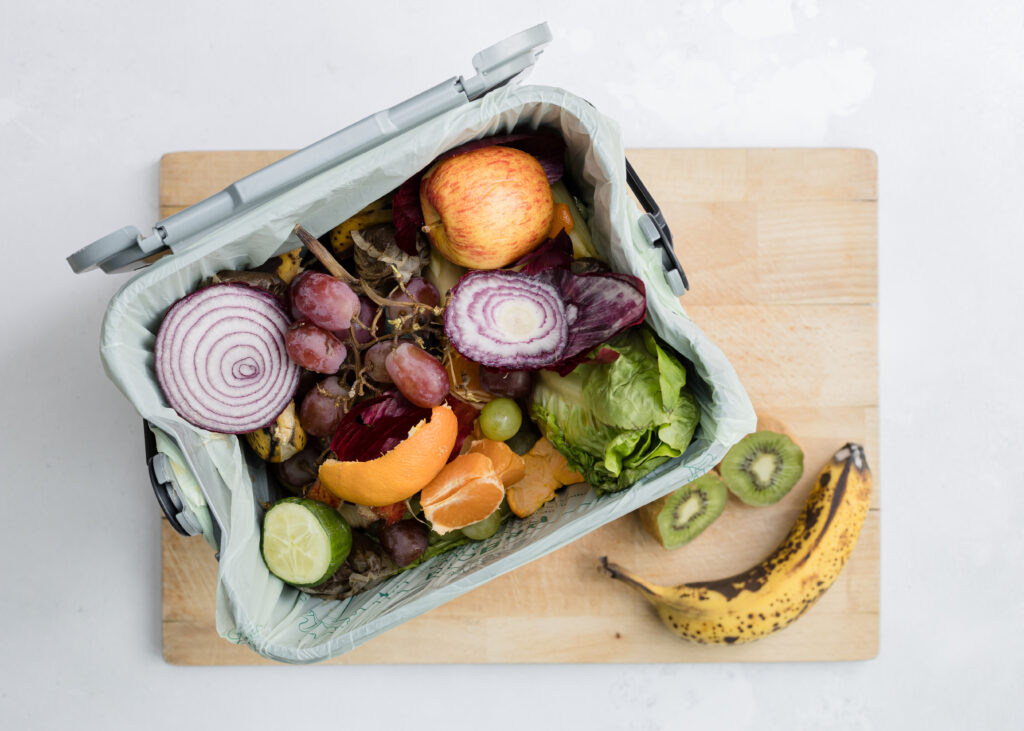

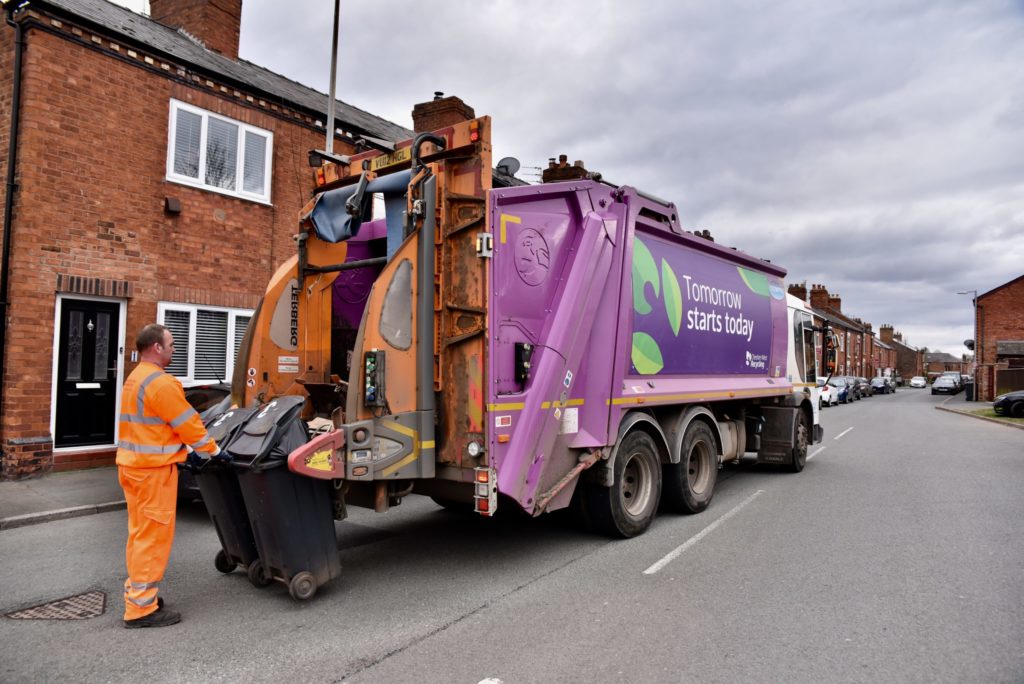


Subscribe for free